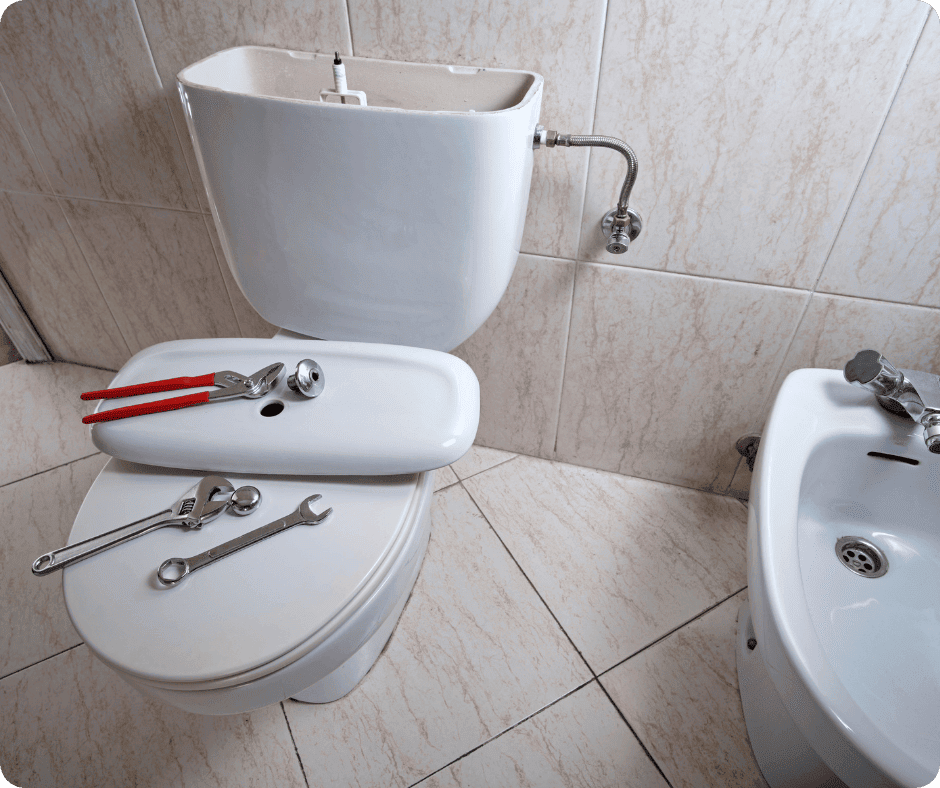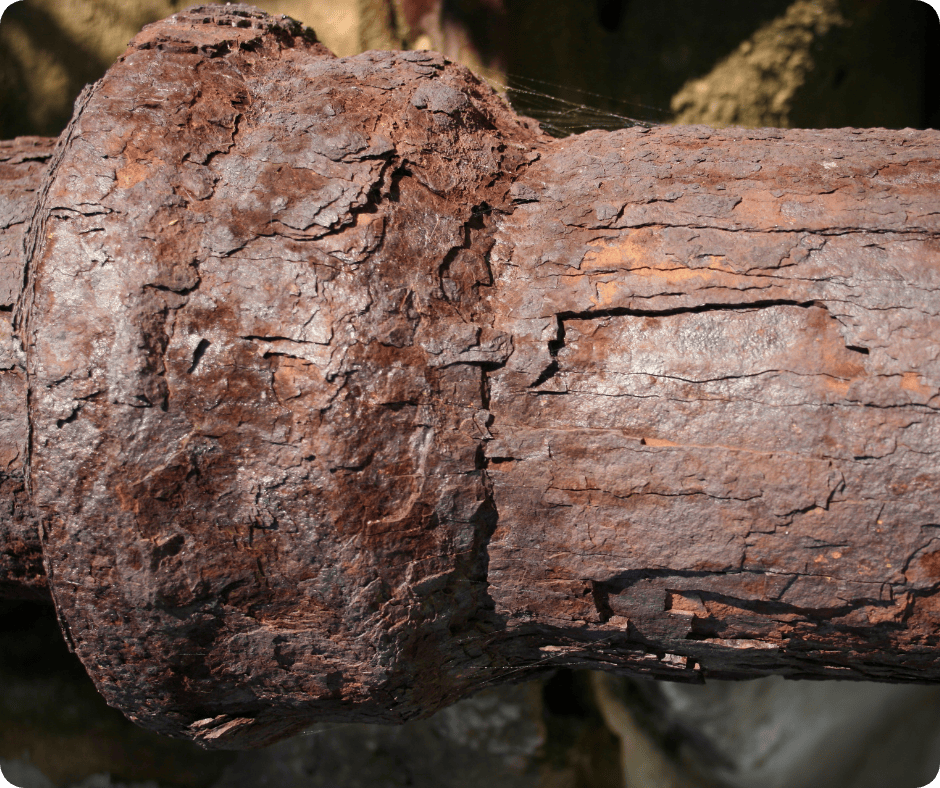Common Sewer Line Issues for South Jersey Homes

South Jersey has a rich heritage of architectural ingenuity. From early colonial homes to Victorian and mid-century modern the diversity of styles of homes makes South Jersey a great place for anyone to find the kind of home they are looking for. Unfortunately, time catches up with even the best-built homes, and structural sewer line problems can occur. Common sewer line issues can impact a home a number of different ways.
In this article, I will cover some of the telltale signs of a corrupt sewer line and some of the causes. Here at Broadley’s, we have been serving South Jersey’s plumbing needs since 1911. In that time, we have gotten to know a thing or two about the diverse styles of homes typical to our area and how to fix aging plumbing systems.
Common sewer line issues for South Jersey homes have to do with the age of the piping and basic obstructions. Let’s go through a few of the most common reasons.
Contact Us About Your Plumbing
Common Sewer Line Problems
- Pipe Corrosion
- Old Pipes
- Obstructions
- Shifting Pipes
Pipe Corrosion

One of the most frequent causes of sewer pipe failure is pipe corrosion. Sewer pipes installed prior to 1980 were typically made of cast iron. Cast iron corrodes over time and has a life expectancy of between 50 and 100 years. That means that homes built prior to 1970 are at risk for sewer pipe problems.
Tree Roots
Invasive tree roots are a significant cause of sewer line failures. As a rule of thumb, trees should be planted at least 50 feet away from the sewer line locations.
Old Pipes
The age of your sewer pipes is a contributing factor to sewer pipe failure. Sewer pipes installed post-1980 are made with PVC material. They are frequently referred to as S & D piping. Pre-1980 pipes were typically cast iron and prone to corrosion.
Obstructions
We all know that we shouldn’t do it but flushing foreign objects down the toilet and kitchen grease down the sink can cause blockages that end up requiring expensive repairs or replacements.
Shifting Pipes
Shifting pipes can occur when heavy equipment is driven over sewer lines or excavation occurs too close to the existing sewer lines. Any kind of disturbance can destabilize aging sewer pipes and create small leaks or opportunities for backfill clogging.
Our Water Leak Detection System
Signs of Sewer Problems in Your Home
There are some clear signs that your sewer lines might be compromised, and they are pretty easy to notice for the most part.
Sewage Smells in the House
If you are experiencing constant foul smells coming from your sinks or toilets, then chances are you have an obstruction of some kind.
Discolored Water
Water that doesn’t clear after flushing your toilet is an indication of waste not moving completely through the flushing process. If repeated flushing is required to “clear the bowl” so to speak, consider contacting your trusted plumber to give your system a check.
Water Build-Up and Standing Water
Standing water on your property is never a good thing and is likely an indication of some kind of water line break.
Common Sewer Line Issues: FAQs
If you are looking for expert plumbing in Marmora, NJ, look no further than Broadley’s. I have put together a few answers to the most frequently asked questions based a few years in the plumbing business.
Why would sewer lines keep backing up?
Some of the reasons are, obstructions in the line, sewer line break and pipe corrosion
What is the life expectancy of a sewer line?
Cast Iron lines have a life expectancy of between 50 and 100 years.
How often should sewer lines be cleaned?
Sewer line lines should be flushed every 18 to 22 months as a rule.
